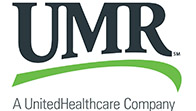A heart-healthy diet includes a variety of fruits, vegetables and whole grains, as well as lean meats, poultry, fish, beans and fat-free or low-fat dairy products. Try to avoid saturated fat, trans fat, cholesterol, sodium (salt) and added sugar.
Saturated and trans fats can be especially harmful to your heart and arteries. A heart-healthy diet is low in these harmful fats but includes moderate amounts of healthy fats. Mono- and polyunsaturated fats, especially omega-3 fats, are good for your heart.
Saturated fats are unhealthy primarily because they raise blood levels of low-density lipoprotein (LDL), the so-called "bad" cholesterol. No more than 7 percent of your calories each day should come from saturated fats. For a person eating 2,000 calories per day, that's 16 grams of saturated fat, the equivalent of less than 3 ounces of cheese.
To decrease your saturated fat intake, cut down on meat, butter lard, cream, cheese and chicken skin. Switch to more plant-based fats instead. For example, add guacamole instead of cheese to your tacos. Spread peanut butter — especially natural peanut butter — instead of butter on your toast. Sauté vegetables in a teaspoon of oil instead of a pat of butter.
Trans fats are commonly found in deep fried foods or foods made with partially hydrogenated oils, are especially harmful because they raise LDL cholesterol and also decrease the "good cholesterol," high-density lipoprotein (HDL). There is no recommended level of trans fat because any amount can be harmful.
To decrease your trans fat intake, cut down on margarines, shortening, fast food and processed food. Switch to more Omega-3 fats such as salmon, mackerel, trout, sardines, anchovies, flaxseeds, walnuts, soybean and canola oils.
When it comes to your weight, all fats are equally high in calories. When it comes to your heart, some fats are bad and some are good.
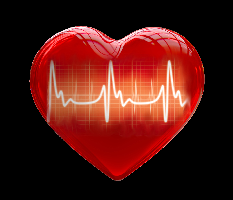
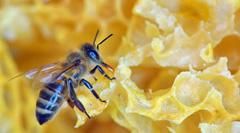

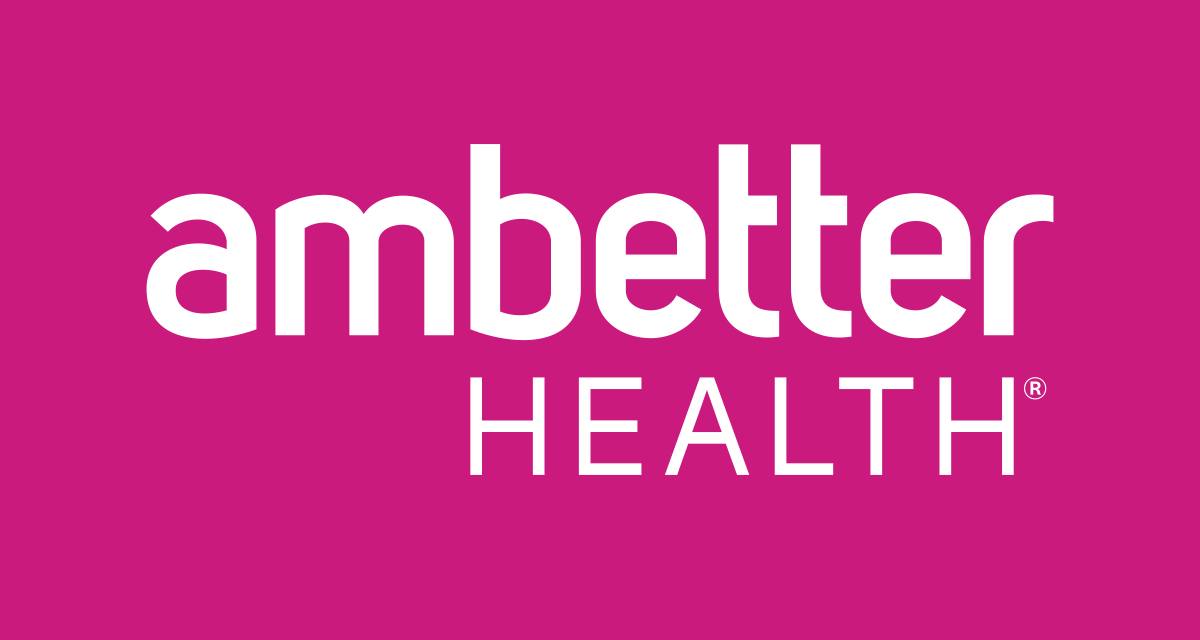


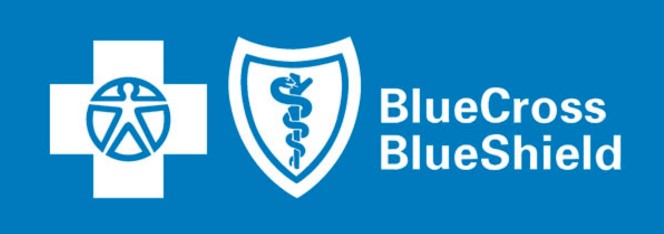


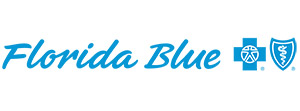
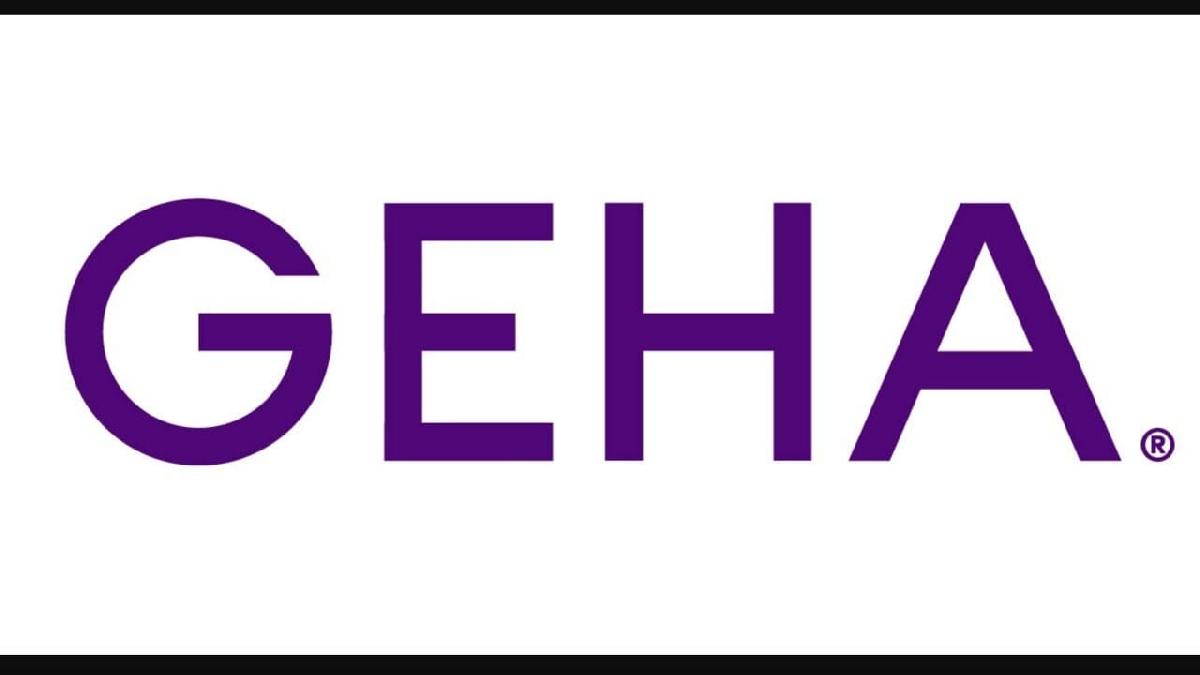



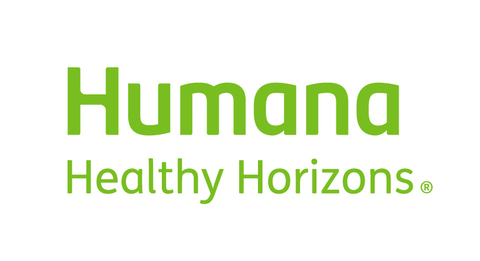

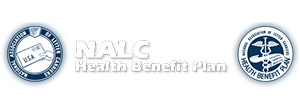
.jpg)




